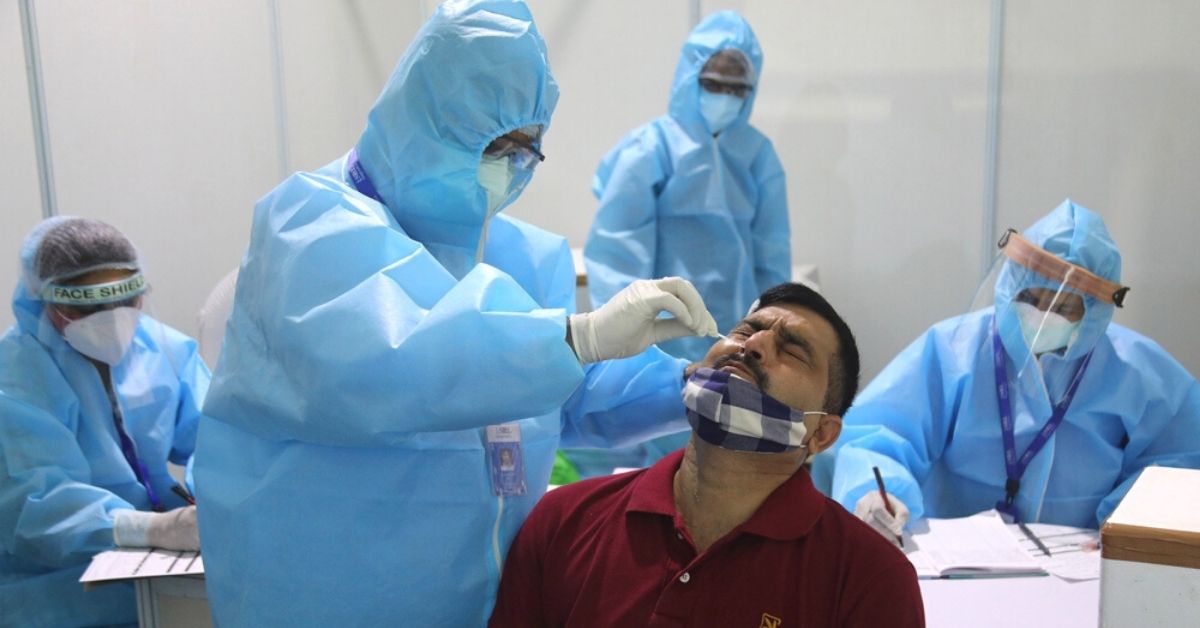The governments of Goa, Karnataka and Uttarakhand recently sanctioned the use of Ivermectin for COVID-19 treatment. The 12 mg drug has been enlisted by the Union Health Ministry, aiming to prevent the surge in the number of patients. While it was not part of the COVID-19 guidelines in 2020, the ministry has included it in the protocol in line of treatment this year.
However, the World Health Organization, US Food and Drug Administration and the scientific community have discouraged using the drug for therapy, citing safety concerns and saying that there is no evidence that the drug supports treatment among the patients.
What is Ivermectin?
Ivermectin, an anti-parasitic, is commonly used as a deworming drug for horses. Its use was extended to humans to address intestinal worms and skin ailments.

In February, Merck, parent producer of the drug, issued a statement citing that preclinical studies have shown no scientific basis for the drug having potential therapeutic results against COVID-19. The company also mentioned the absence of robust evidence for clinical activity or efficacy in patients suffering from the disease. It emphasised that there was a concerning lack of data in the majority of the studies conducted.
The directives issued by the Health Ministry on 21 April also acknowledge this, mentioning it as ‘may be’, suggesting that the medicine may be used by patients with mild symptoms or those undergoing home isolation treatment.
Placebo effect?
Experts say that despite no evidence of its role in curing patients and differences among the community, there are multiple reasons why the drug is widely being used in the treatment.
“The WHO strictly advises against the use of Ivermectin. But India is still holding on to soft data or personal experiences of the patients. In 2020, doctors were providing everything that could potentially help reduce suffering among COVID-19 patients, and this continues this year as well, despite discouragement from global medicinal bodies,” Dr Ravindra Mehta, chief of Pulmonary and Critical Care Medicine, Apollo Hospitals, Bangalore, tells The Better India.
Dr Ravindra says that he recommended the drug initially as well. “But we stopped the usage entirely as its effects could not be relied upon. The current usage by the medical community is experiential and based on the responses of patients, which cannot hold as a blanket solution. It could be a placebo effect. There is no evidence that the particular drug has helped improve the patient’s health, as multiple drugs are administered during the treatment,” he says.
The expert emphasises that the treatment should be based on facts and science and not opinions.
‘More studies required for clarity’

However, Dr Sheela Chakravarthy, director, internal medicine, Fortis Hospital, tells The Better India, “The drug is prescribed to prevent multiplication of the virus in the body. It restricts attachment of the coronavirus with the spike protein, which mediates in granting entry in the host cells.”
She adds that using the drug stops the rapid multiplication of the virus in the system responsible for health deterioration. “It also helps reduce the spread among others. If the viral load decreases, the chances of reducing the spread increases,” she says, adding that while it is difficult to prove, the medicine has a role to play.
However, she adds that more studies are needed to find evidence for its use. “Studies cannot happen during an ongoing pandemic. It would be up to the researchers to test patients treated with and without the Ivermectin to find concrete proof for its results in future,” Dr Sheela says.
Edited by Divya Sethu